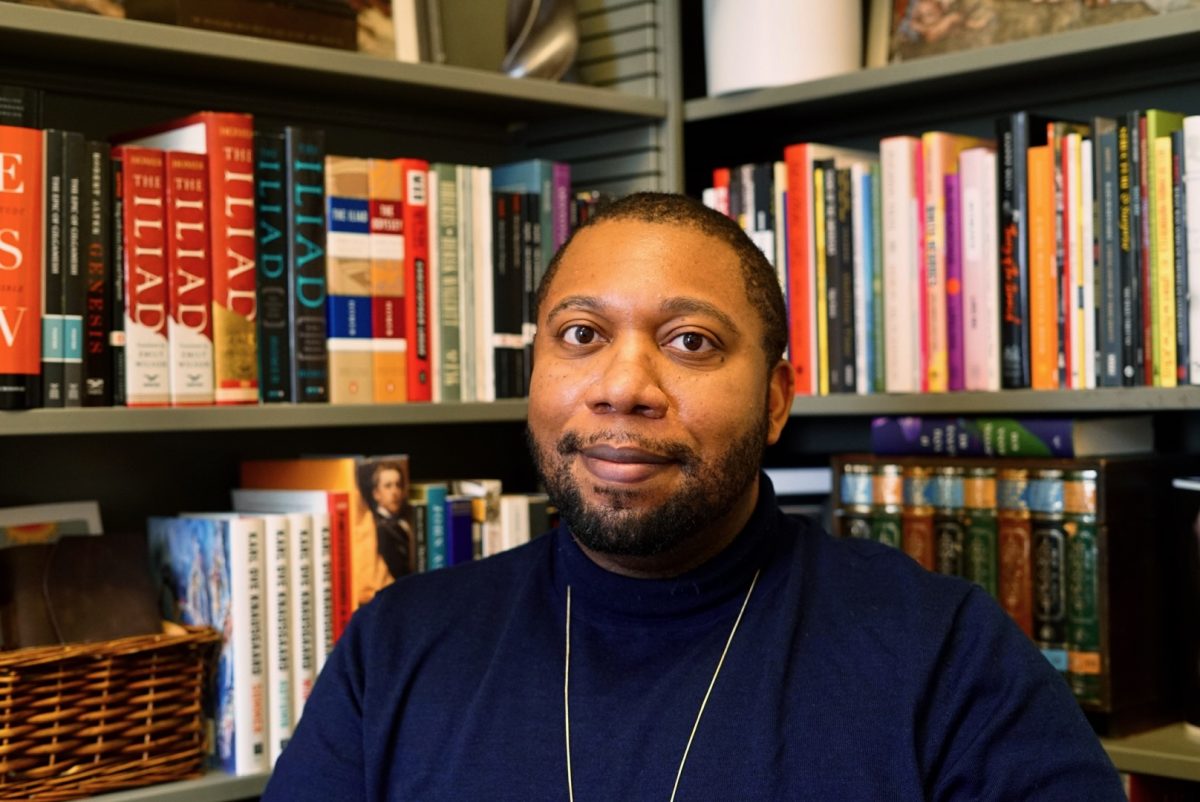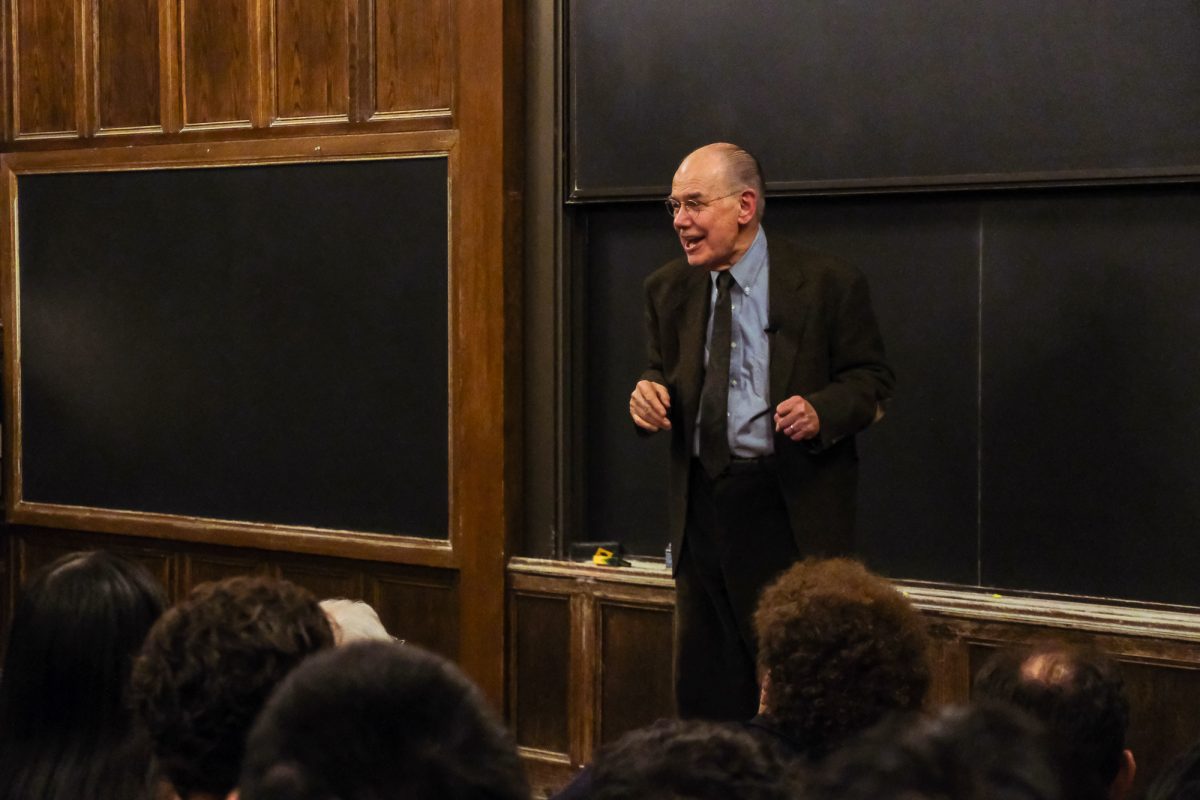Alec’s post earlier today about media polls showing most people dissatisfied with the economy, made me think of an article I read a while ago.The article, by Bryan Caplan, and titled”The 4 Boneheaded Biases of Stupid Voters,” argues that people usually see the economy as much worse than it actually it is. He calls it the “pessimistic bias” and explains,
How can high levels of pessimism coexist with constantly rising standards of living? Although pessimism has abated since World War I, the gap between objective conditions and subjective perceptions is arguably greater than ever. In The Progress Paradox (2003), the journalist Gregg Easterbrook ridicules the “abundance denial” of the developed world: “Our forebears, who worked and sacrificed tirelessly in the hopes their descendants would someday be free, comfortable, healthy, and educated, might be dismayed to observe how acidly we deny we now are these things.”
I think Alec is right that the media makes us more pessimistic; basically they report this pessimistic bias, which just helps perpetuate it.The article also discusses the “anti-market bias”:
An outsider who eavesdrops on economists’ discussions might get the impression that the benefits of markets remain controversial. But economists who debate certain issues about the perfection of markets are not debating, say, whether prices give incentives. Almost all economists recognize the core benefits of the market mechanism; they disagree only at the margin. Widespread bias against market mechanisms as reasonably efficient means of meeting human needs affects politicians’ incentives in almost every decision they make. It is perhaps most relevant today in the debate over whether the American health care system needs more markets and choice or more central control.
As well as the “anti-foreign bias”:
Calm reflection on the international economy reveals much to be thankful for and little to fear. On this point, economists past and present agree. But an important proviso lurks beneath the surface. Yes, there is little to fear about the international economy itself. But modern researchers rarely mention that attitudes about the international economy are another story. Paul Krugman hits the nail on the head: “The conflict among nations that so many policy intellectuals imagine prevails is an illusion; but it is an illusion that can destroy the reality of mutual gains from trade.” We can see this today most vividly in the absurdly overblown political reactions to the immigration issue, from walls to forcing illegal workers currently in America to leave before they can begin an onerous procedure to gain paper legality.
And finally, the “Make-Work Bias”:
The public often literally believes that labor is better to use than conserve. Saving labor, producing more goods with fewer man-hours, is widely perceived not as progress but as a danger. I call this the make-work bias, a tendency to underestimate the economic benefits of conserving labor. Where noneconomists see the destruction of jobs, economists see the essence of economic growth: the production of more with less.
In summary, Americans need to learn economics. Forcing high schools students to take at least a semester of econ. would be great–and maybe we could also add a requirement to the Core.







